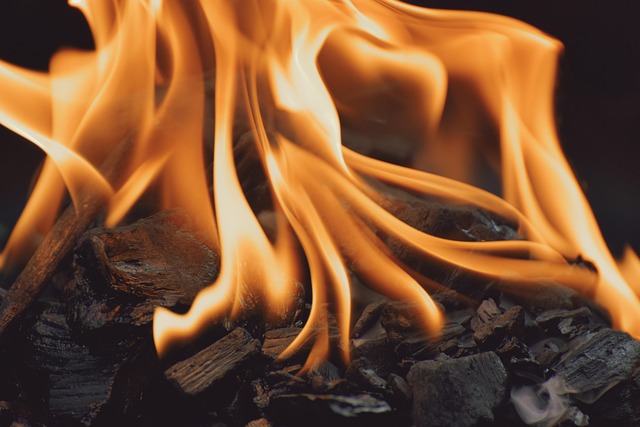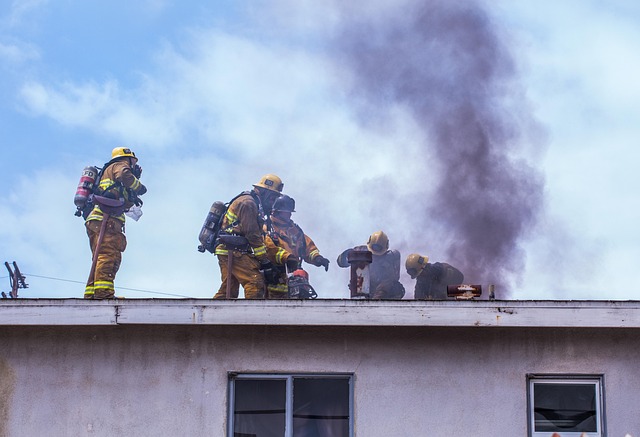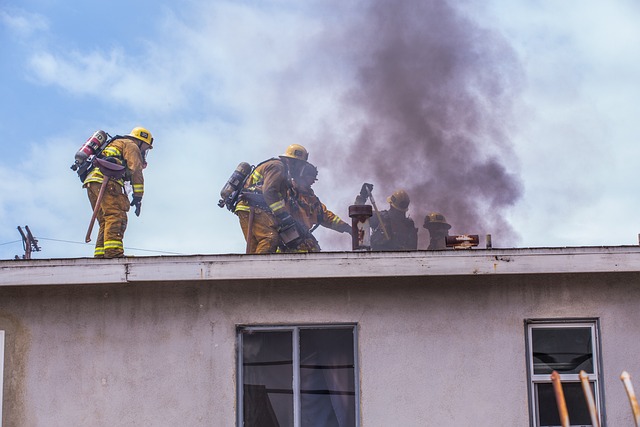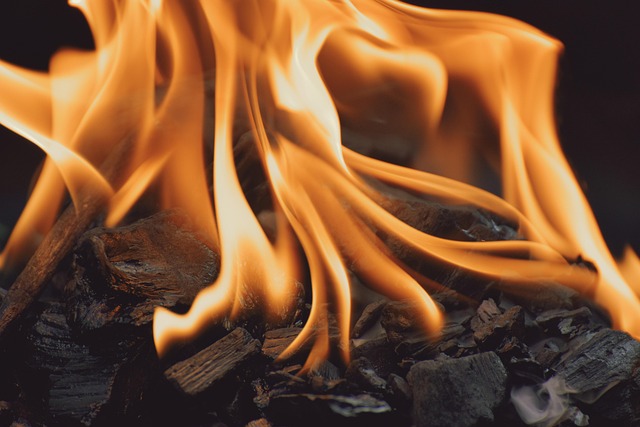Distressed property sales in Illinois, especially post-fire situations in Chicago, present opportunities for homebuyers and investors but require careful navigation. Understanding local market dynamics is key; buyers can secure homes at lower prices through thorough inspections to assess repairs, particularly fire damage. Selling a fire-damaged home involves assessing damage, understanding unique market considerations, competitive pricing strategies, and effective marketing that highlights transformation potential.
In Illinois, distressed property sales present unique opportunities and challenges, especially for homeowners in Chicago facing post-fire scenarios. Understanding these sales is crucial for those looking to navigate this complex process. This article delves into the intricacies of selling a house after a fire in Chicago, offering insights on understanding distressed properties and practical steps to overcome the challenges associated with such sales. Whether you’re a homeowner or investor, knowing how to effectively sell a house after a fire is key to securing favorable outcomes.
- Understanding Distressed Property Sales in Illinois
- Navigating the Process of Selling a House After a Fire in Chicago
Understanding Distressed Property Sales in Illinois
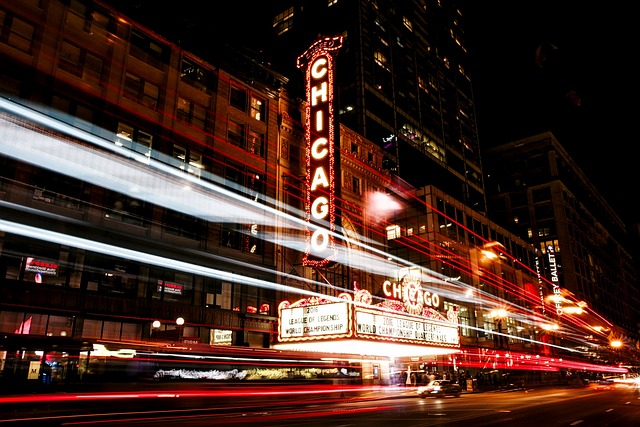
Distressed property sales in Illinois, especially in cities like Chicago, present unique opportunities and challenges for homebuyers and investors alike. These sales often involve properties that have gone through difficult times, such as a sell house after fire Chicago scenario, where owners may face financial hardships or unforeseen circumstances leading to foreclosure. Understanding the local real estate market dynamics is crucial when navigating these transactions.
In Chicago, for instance, a city known for its vibrant yet diverse neighborhoods, distressed property sales can be attributed to various factors including economic downturns, natural disasters, or changes in the area’s appeal. Homebuyers who are well-versed in this process can find significant advantages, such as purchasing homes at potentially lower prices compared to the market average. However, it’s essential to conduct thorough inspections and appraisals due to the properties’ distressed nature, ensuring both the integrity of the investment and addressing any necessary repairs or renovations after a fire, for example.
Navigating the Process of Selling a House After a Fire in Chicago
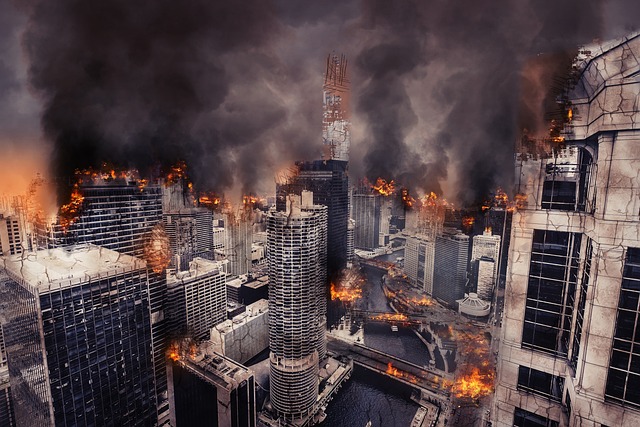
Selling a house after a fire in Chicago can be a complex process, but with the right approach, it can be successfully navigated. The first step is to assess the damage caused by the fire. This involves hiring professional estimators or firefighters who can inspect the property and provide an accurate report on the extent of the damage. Once this is done, homeowners should document all repairs needed and obtain quotes from contractors for renovation work.
Next, it’s crucial to understand that selling a distressed property in Chicago may require special considerations. The market conditions, especially after a fire, can be unpredictable. Homeowners might want to consult with real estate agents who specialize in such situations to help them price the house competitively while attracting buyers interested in renovating or rebuilding. Marketing the property effectively is key; highlighting any potential for transformation and showcasing the lot’s value will appeal to buyers looking for an investment opportunity.
Distressed property sales, including those resulting from events like house fires in Chicago, present unique challenges. However, understanding the process and available resources can make selling a house after a fire a manageable step towards recovery. For those considering a sell house after fire Chicago scenario, navigating this guide’s insights and professional support ensures a smoother transition, allowing folks to move forward with their lives while making the most of their property’s value.
